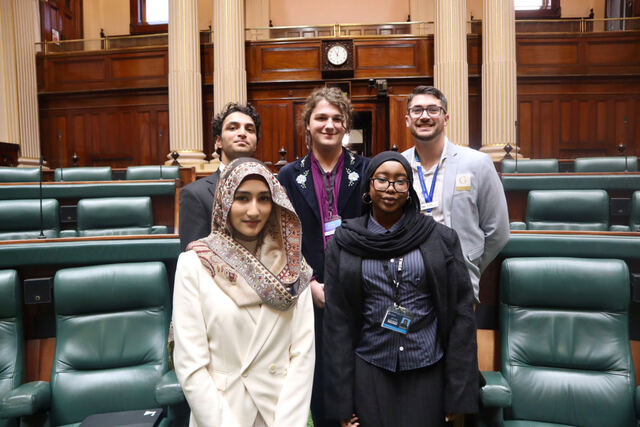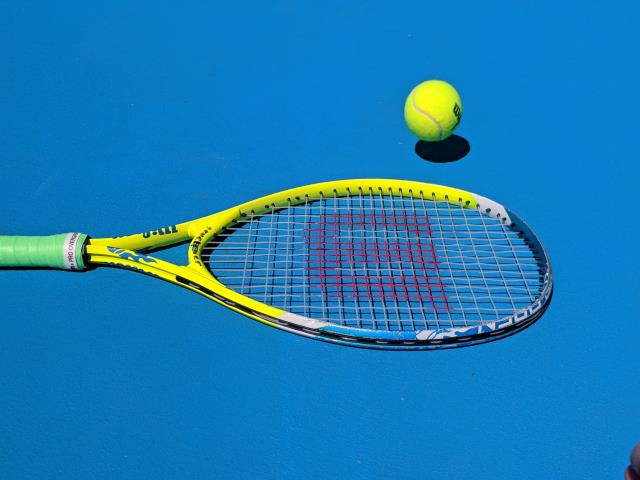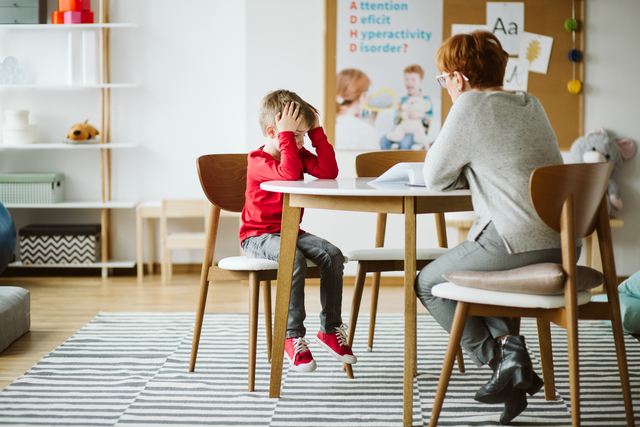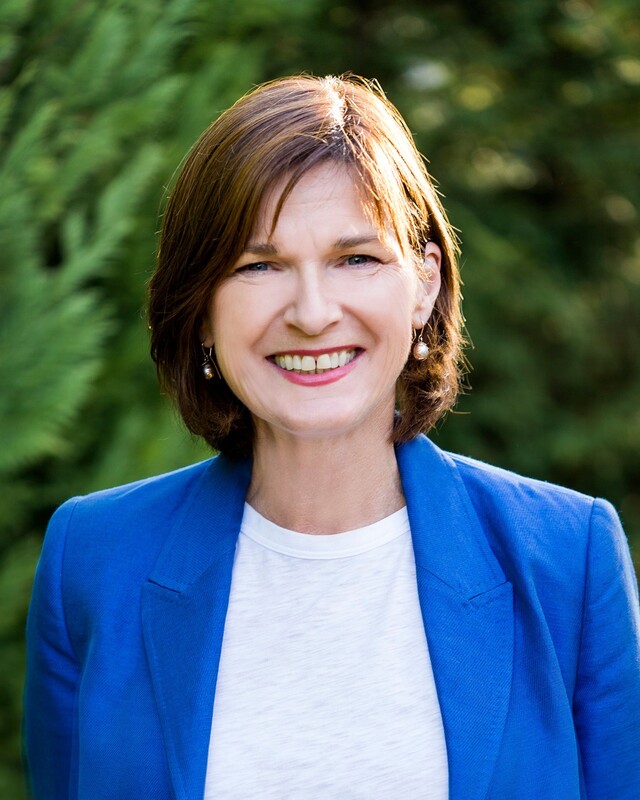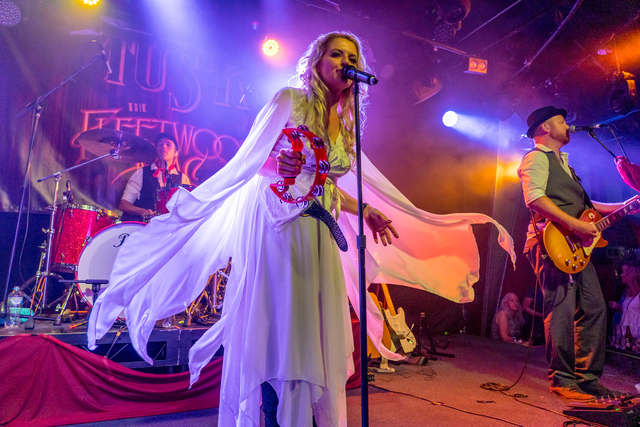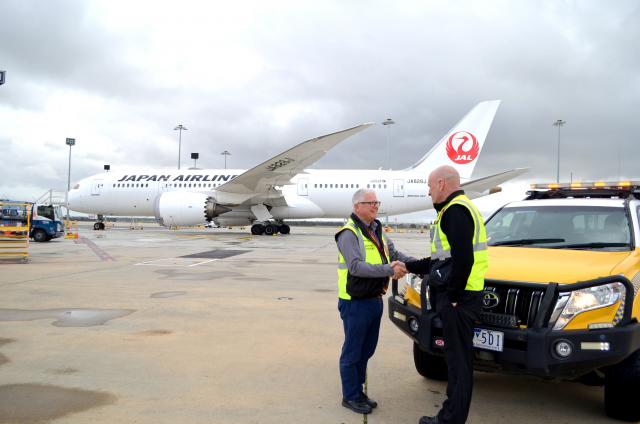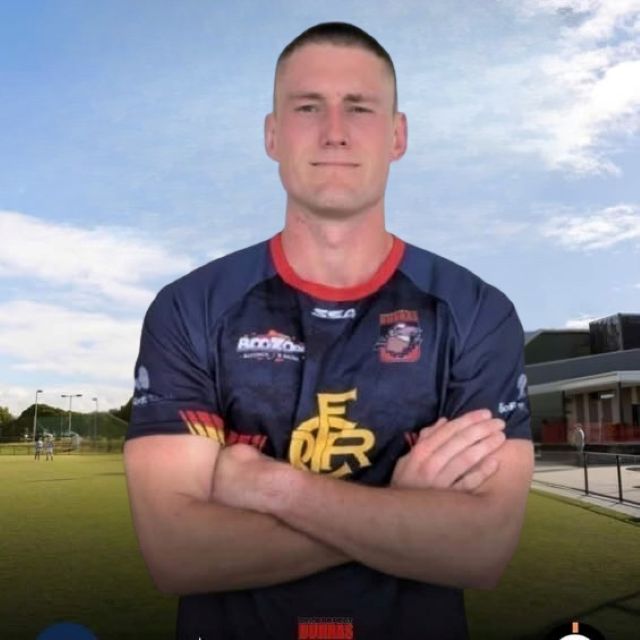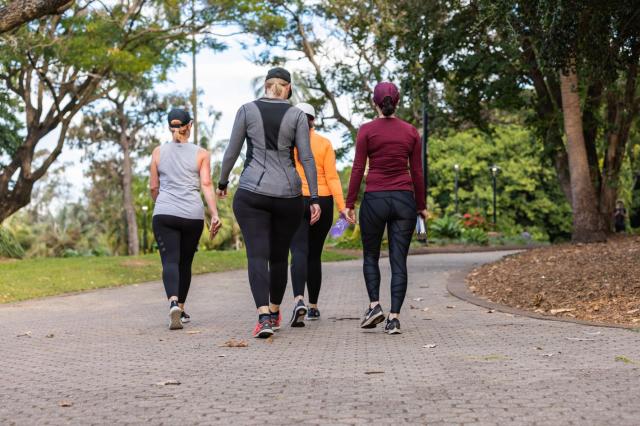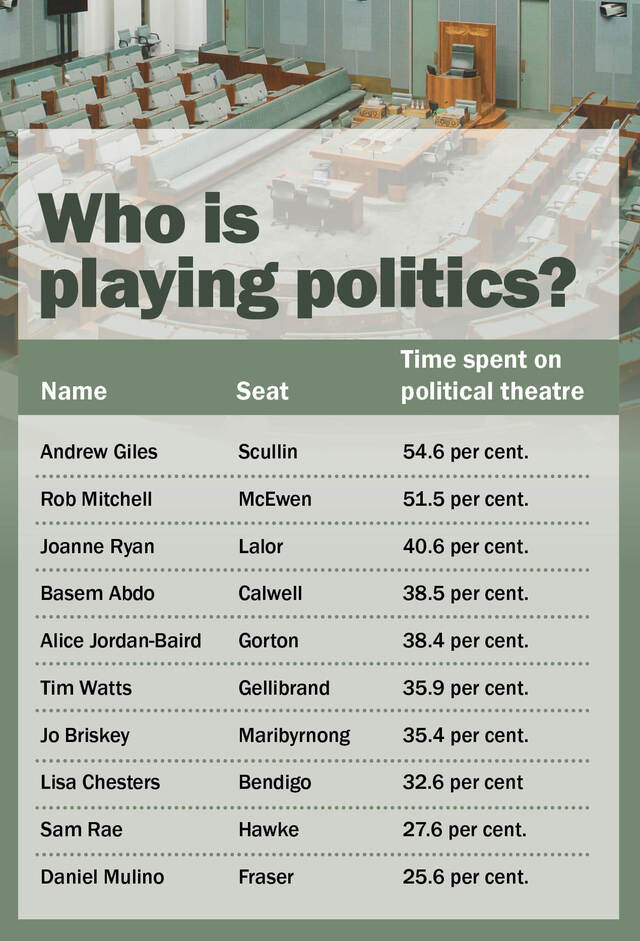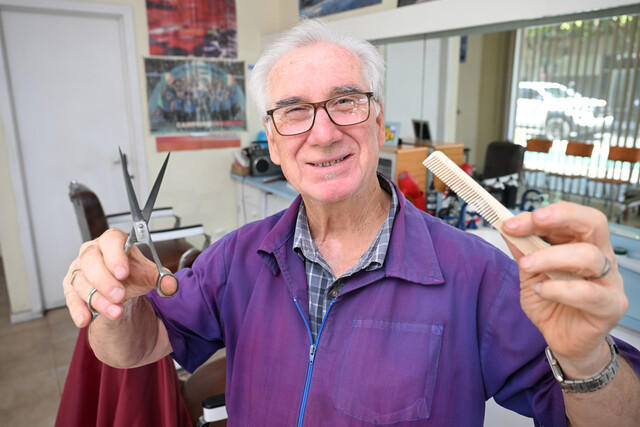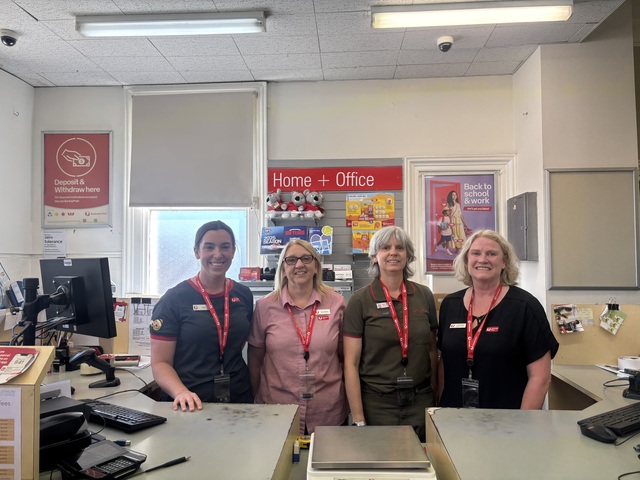Four inspiring young Victorians are taking charge by drafting and passing a bill for the statewide expansion of Auslan education in schools and workplaces through the Legislative Assembly at the Y Victorian Youth Parliament.
The team members, Hafsa Moallim, Rehan Ali, Rumaysa Salman, and Natalie Ryan, passionately and eloquently debated their bill to the Legislative Assembly.
“The bill we bring before you today is more than just a piece of paper,” stated Salman as she addressed the assembly.
“It is a dream of a mother who watches her deaf child alone in a crowd of people, a child who breaks himself day after day to fit into a society that refuses to give him the same courtesy or effort.”
The bill, created by the Hume City team, sought to dismantle the several barriers between the audio-impaired and non-deaf communities. The team recognised that the communication barrier between the two communities have led to a multitude of challenges, such as insensitive attitudes and a lack of compassion towards deaf and hard-of-hearing people.
“This bill is about empowering every individual, bridging communication gaps, and building a society in which everyone belongs,” said Moallim.
The issue addressed by the Hume City team may become even more pressing in the future as hearing loss is predicted to rise in the upcoming years.
According to Deaf Victoria, one in six Australians have some degree of hearing loss, and this is projected to increase to one in four Australians by 2050.
While there are various services and resources in place to support deaf communities, the team strongly believes that more needs to be done by the non-deaf community. This bill challenges the “status quo” by encouraging non-deaf individuals to learn Auslan and, by extension, proactively adopt the perspective of the marginalised group.
The bill targets three main demographics: students, teachers, and workers in the retail and pharmaceutical industries.
Ali outlinds the Auslan curriculum they propose by explaining that “students would be taught the significance, difference, history, and practical application of sign language so that no kid ever needs to feel like a burden to anyone.”
While the team’s key focus is empowering the audio-impaired community, the bill is also designed to improve Victoria’s overall sense of inclusivity and belonging.
These broad implications are succinctly captured by Ryan, who stated, “This legislation is a step towards making a better world for deaf Australians, but also their families, schools, peers, and employers.”
Lily Wang is a member of the 2024 Youth Parliament Press Gallery

